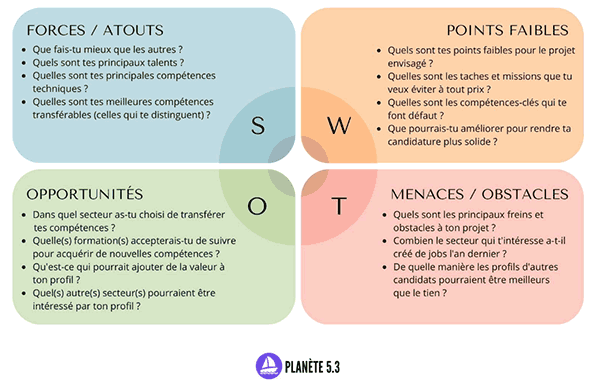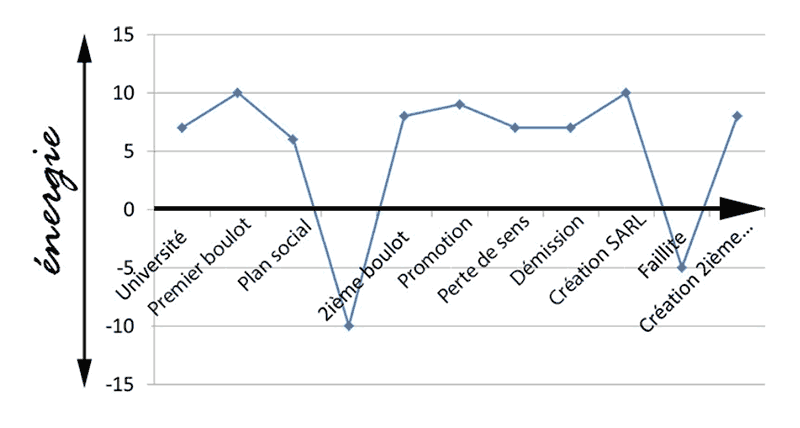In mid-June 2023, Health Insurance announced that it was launching a vast control campaign to put an end to “sick leave of convenience” – in total, between 15,000 and 20,000 doctors will be checked.
To take stock precisely (i.e.: with figures) of the extent of sick leave in France, the Apicil group has just published a barometer: produced from the Nominative social declaration (DSN) of close of 53,000 companies, it concerns more than 1 million French employees.
First info: in 2022, absenteeism actually increased in France with a rate of 5.76% compared to 5% in 2021. In detail, 35% of French employees had (at least) one work stoppage l last year: employees aged 30 to 39 seem more concerned, since nearly 39% of them were arrested by their doctor in 2022.
A work that gradually loses its meaning
More interesting no doubt: the barometer underlines that between 2020 and 2022, mental health disorders have become the main cause of “long” sick leave, that is to say more than 30 days. These pathologies (burn-out, depression, etc.) thus represent around 35% of the absences recorded among employees under the age of 30.
Among employees over 30, mental pathologies represent 40% of sick leave, followed by musculoskeletal disorders (MSDs) which constitute 35% of cases.
How can this progression of mental health disorders be explained? For Thomas Perrin, Deputy General Manager Services of the Apicil group, it may be a question of a loss of meaning at work. “When you’re in a job that’s extremely operational, like a bus driver, you know what you’re working for. But if you are a computer engineer and you work for the subcontractor who designs the algorithms to define the routes of the buses, you are a little further from the concrete.“
Sick leave linked to psychological disorders is thus particularly on the rise among executives, and especially in the health, social economy and education sectors. Occupations in tension which, moreover, regularly suffer from a lack of means…
Source : West France


















